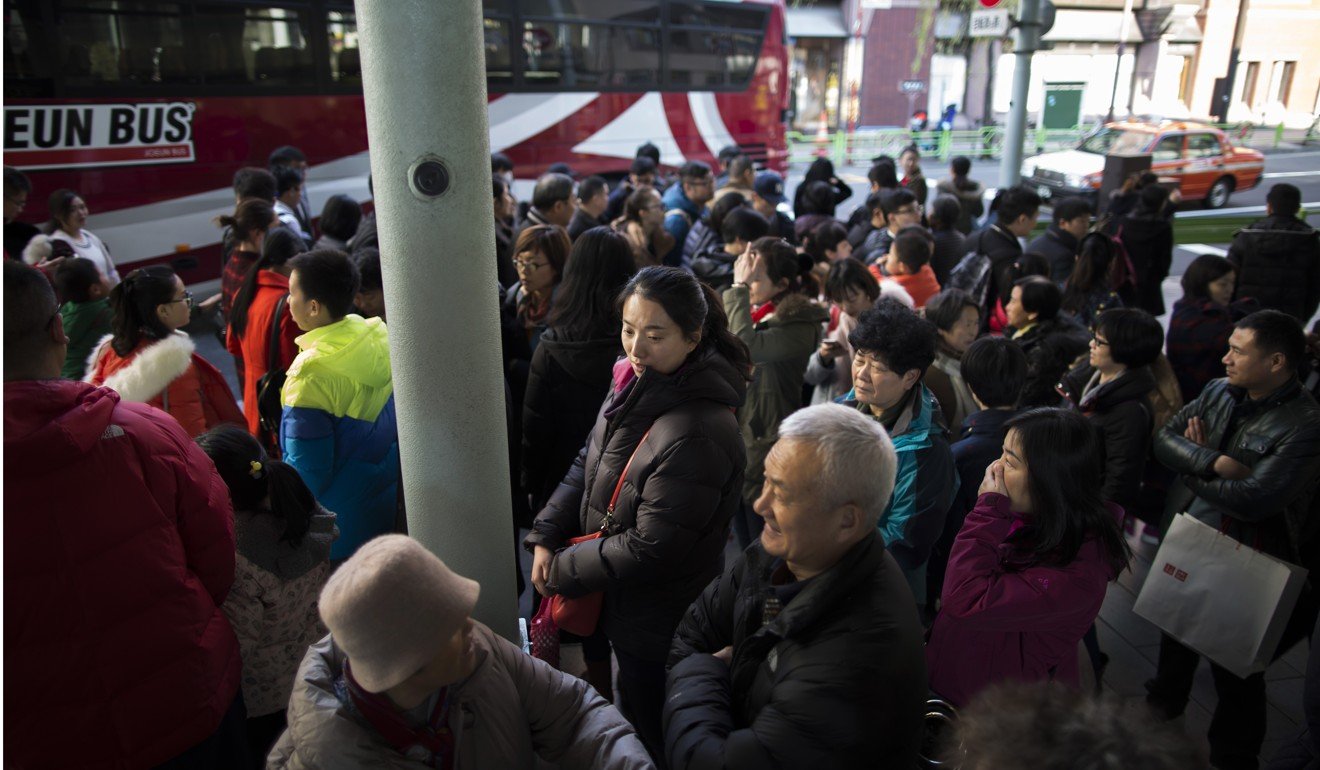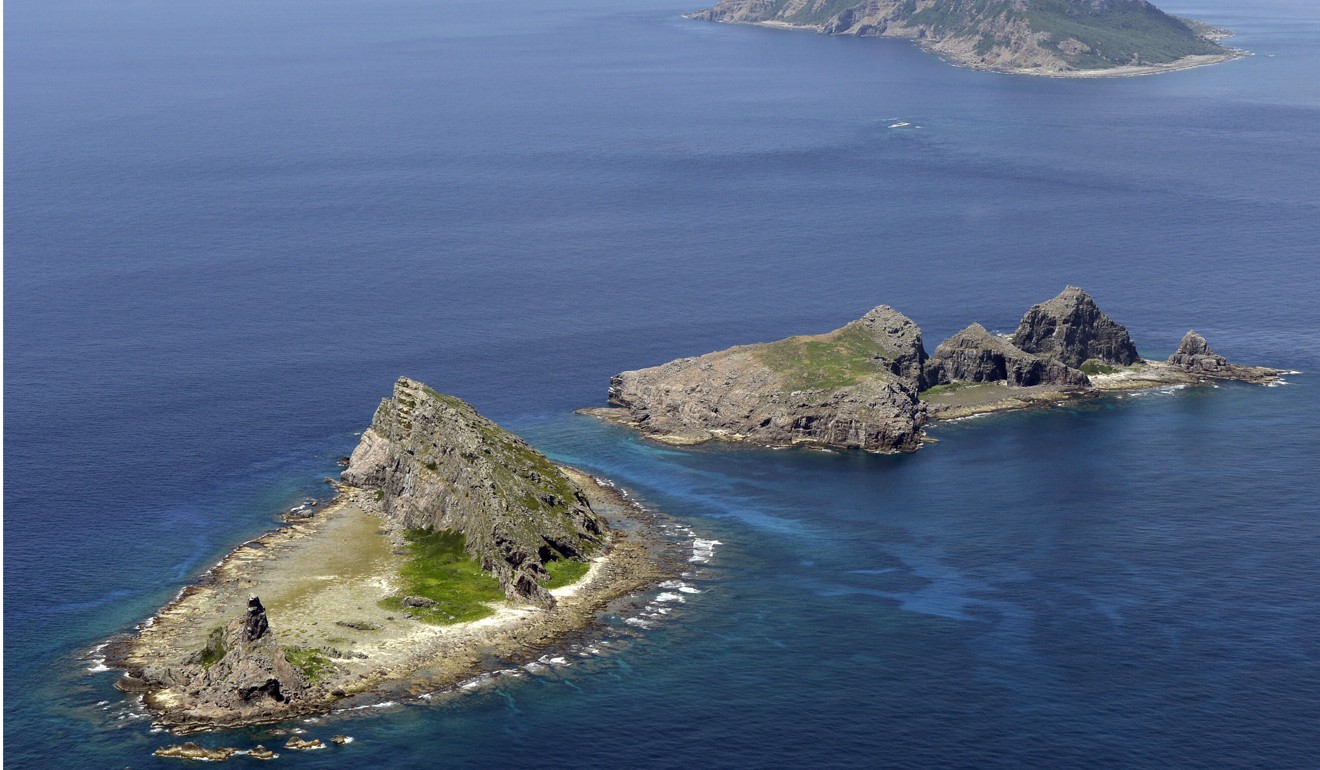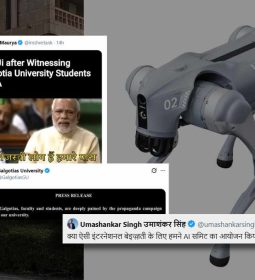Hong Kong unrest fuels negative image of China among Japanese

- One-party rule and territorial disputes with Tokyo also weigh on perceptions despite governments striving to improve ties
- Chinese citizens on the other hand show an increasingly optimistic attitude towards Japan
Conducted in September by the Japanese think tank Genron NPO together with China International Publishing Group, the survey of 1,000 respondents aged 18 or older showed 84.7 per cent of Japanese residents had a negative attitude towards China.
The figure was actually down 1.6 percentage points from the previous study, but comes as the two governments are making visible efforts to improve bilateral relations that have been fraught for years.
Abe reportedly touched on the Hong Kong situation during the discussions with Wang, calling for a “peaceful resolution”. He asked Beijing to show restraint and resolve the crisis through dialogue so Hong Kong could return to the “one country, two systems” formula under which the city has been governed since its return to Chinese sovereignty in 1997.
Yasushi Kudo, the head of Genron NPO, said the survey was conducted at a time when incidents of violence in Hong Kong’s ongoing anti-government demonstrations were being covered extensively in the Japanese media.
“Many people have sensed the powerful and high-pressure response of the Chinese government and that has given them a negative image,” he said.
Beijing has labelled the movement part of a “virus of street violence” and called it a campaign to overthrow the Hong Kong government.

Makoto Watanabe, an associate professor of media and communications at Hokkaido Bunkyo University in Hokkaido, said Japanese perceptions were largely formed through local media coverage.
“The Hong Kong situation has worried people here, undoubtedly,” he said. “It’s not so much concern about democratic principles, but it is about freedom. We see those images and we realise that China is a less free society, a totalitarian state.
“Also, Japanese people don’t like confrontation and violence and there is a strong sense that they should be avoided at all costs, so we are uncomfortable when we see that happening.”
The Japanese people surveyed also said they were wary of Beijing’s growing economic and geopolitical power in the region and further afield.
“China has got much bigger and much more powerful in a very short space of time and that is perceived as a substantial threat to Japan,” Watanabe said. “And as Beijing has become more powerful, they have also become more pushy on things like territorial issues.”

Conversely, Chinese respondents questioned in a separate study by the same two organisations showed an increasingly optimistic attitude towards Japan, with 45.9 per cent holding a “favourable” or “relatively favourable” impression. That figure was 3.7 percentage points higher than in the previous year.
About 1,500 Chinese citizens were surveyed in Beijing, Shanghai, Nanjing and seven other cities in September and October, and the results were released on Thursday.
A greater number believed the Sino-Japanese relationship was improving, with 34.3 per cent classing it as “better” against 30.3 per cent in 2018. It was the fourth year in a row of improvement.
Meanwhile, just over 55.5 per cent of the Chinese questioned perceived Japan as a military threat, down 13.2 percentage points from last year.
South China Morning Post
- Previous Australia issues guidelines for universities on foreign meddling amid China fears
- Next Portugal: a new home for those who fear Hong Kong’s fate?

















